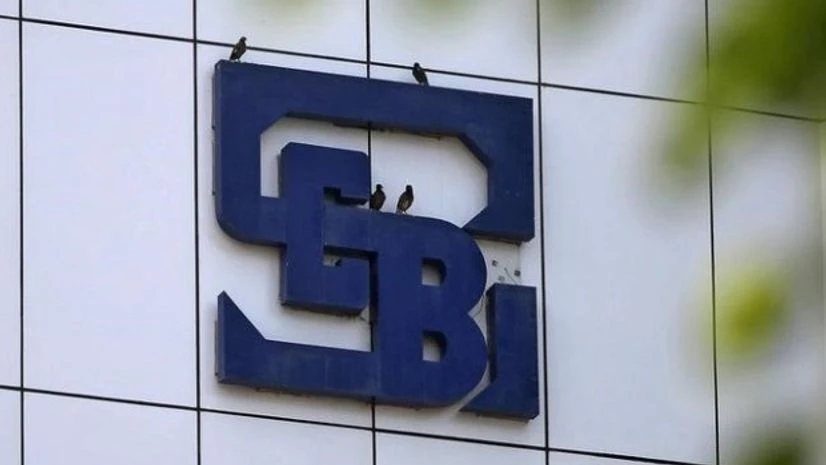The Securities and Exchange Board of India (Sebi) has expressed concern over small and medium enterprises’ (SMEs’) growing preference for private equity (PE) investment over listing on a stock exchange platform. The markets regulator has introduced an SME platform to help smaller enterprises raise equity capital from investors. Even so, says Rajeev Agarwal, wholetime member at Sebi, companies opt for PE investment as they are hesitant of the current disclosure framework.
“Disclosure is one requirement which makes the entrepreneur hesitate in going for a listing…it needs to be re-looked from the perspective of creating long-terms benefits for SMEs. Listing will get them more visibility and help in attracting more investors,” said Agarwal, at an SME Manufacturers and Exporters Summit. “We have interacted with several entrepreneurs in many clusters, where we have found that willingness to list is very low.”
Both the BSE and National Stock Exchange have SME listing platforms, for companies with a low capital base. The regulatory and disclosure requirements are less stringent than those listing on the main exchange.
Agarwal noted Sebi had also introduced an institutional trading platform, which allows companies to list without launching an initial public offer (IPO) or having to file an offer document.
The exchanges say there is a need to further relax the existing framework. Udai Kumar, managing director, Metropolitan Stock Exchange of India, said: “The norms need to be tweaked further. The current framework puts a lot of pressure and responsibilities on investment bankers, who therefore refrain from working on SME IPOs.”
Compulsory underwriting and minimum application size are among the hurdles needing to be addressed, he said.
SMEs reluctant to list on bourses, notes Sebi
Sebi willing to consider further relaxations to boost SME capital raising
)
Don't miss the most important news and views of the day. Get them on our Telegram channel
First Published: Aug 20 2016 | 12:13 AM IST

